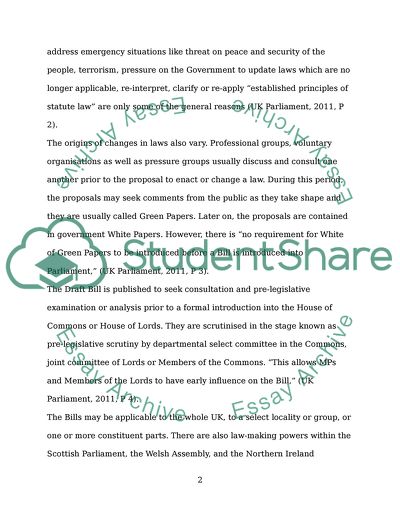Cite this document
(“Parliament's Lawmaking Powers and Democracy : Describe the current Essay”, n.d.)
Retrieved from https://studentshare.org/environmental-studies/1417829-parliamentyies-lawmaking-powers-and-democracy-yt
Retrieved from https://studentshare.org/environmental-studies/1417829-parliamentyies-lawmaking-powers-and-democracy-yt
(Parliament'S Lawmaking Powers and Democracy : Describe the Current Essay)
https://studentshare.org/environmental-studies/1417829-parliamentyies-lawmaking-powers-and-democracy-yt.
https://studentshare.org/environmental-studies/1417829-parliamentyies-lawmaking-powers-and-democracy-yt.
“Parliament'S Lawmaking Powers and Democracy : Describe the Current Essay”, n.d. https://studentshare.org/environmental-studies/1417829-parliamentyies-lawmaking-powers-and-democracy-yt.


